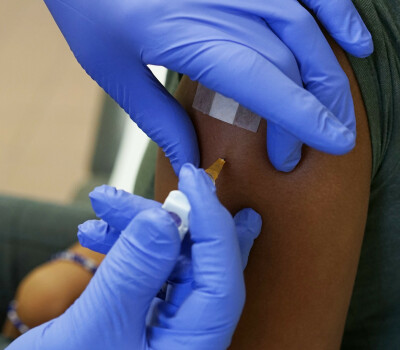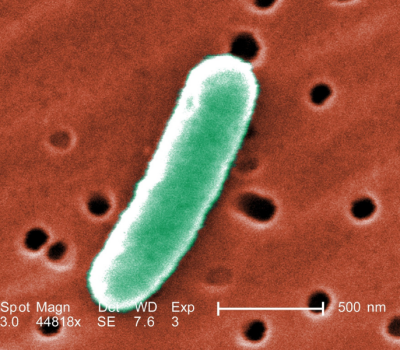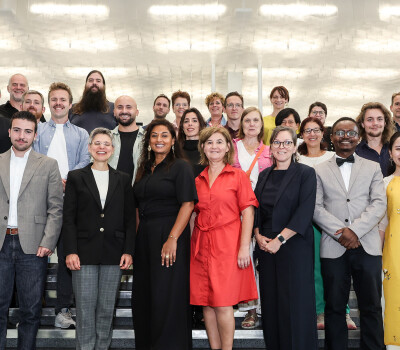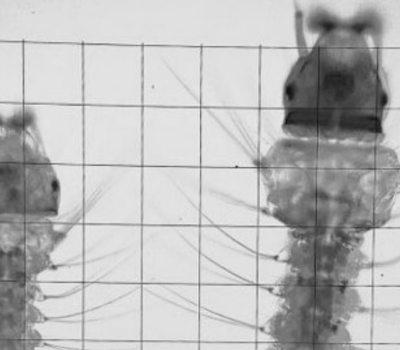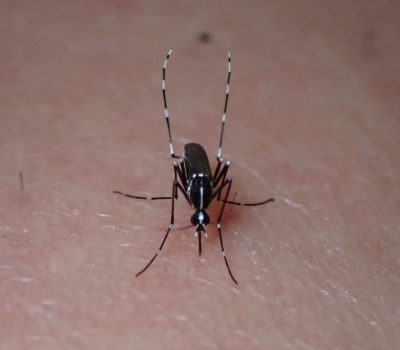How past health crises can lead us through the current pandemic
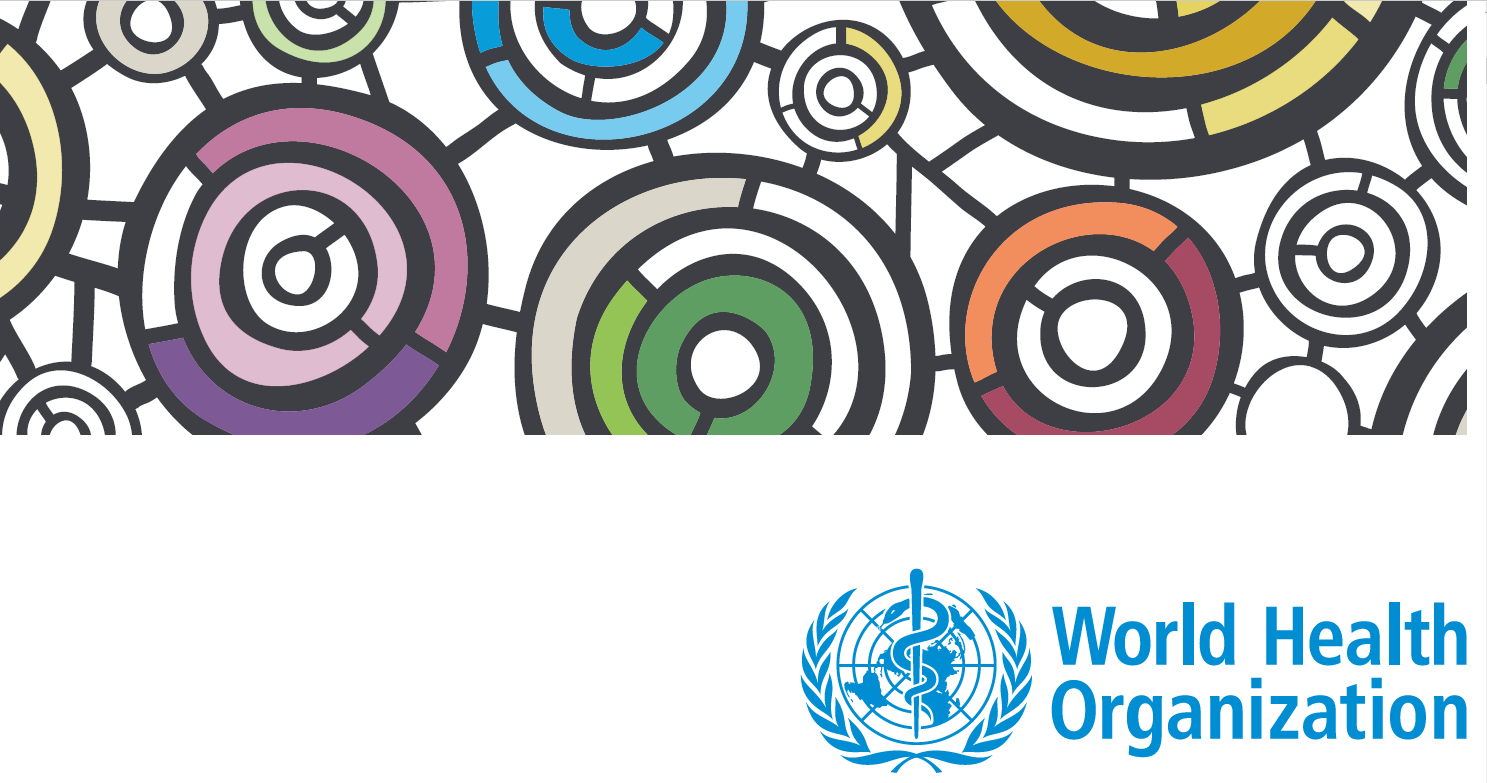
Crises such as the COVID-19 pandemic have a major impact on our healthcare system. Maternal, newborn, child, adolescent and older people’s health (MNCAAH) are particularly affected. How did healthcare providers and governments ensure essential services during the COVID-19 outbreak, and how did they do it during previous disease outbreaks, natural disasters and humanitarian emergencies? A scoping literature review by the Institute of Tropical Medicine (ITM) in Antwerp and the World Health Organisation (WHO) draws lessons from the past.
Disruptive situations disturp routine childhood vaccinations, an essential service which, if not provided at the right time, can affect children for the rest of their life. In such situations, different interventions were taken, depending on local context and resources. For example, vaccinations were provided through mobile clinics among displaced vulnerable populations after the 2004 tsunami. Or in Sierra Leone, the government launched an awareness campaign to reassure caregivers that vaccinations continue to be provided in public health facilities. Based on these and other disruptive events, a report has now been drawn up. If in the future disruptive events prevent children from being vaccinated, governments can rely on this report to know what measures were tried and tested in the past. Relevant lessons have also been learned for the current COVID-19 pandemic. The report brings together 120 unique interventions linked to different scenarios. These range from information programmes on the radio to drive-through prenatal care.
Four main problems during disruptive events
- Decreased availability of health services
- Decreased use of health services
- Increased need for care
- Need to adapt face-to-face care
In the events reviewed, not all problem types were found to be of equal magnitude or presence, except for COVID-19. In this case, all four occurred and affected MNCAAH provision and use. The disruptions and increased needs for health services were mainly due to the measures taken to prevent the spread of the virus, such as lockdowns, curfews and limits on public transportation.
Recommendations for future crises
The lack of documentation of interventions is an important gap. In a sudden crisis, informed decision-making, coordination and open communication channels between healthcare providers and health authorities are essential. At such times, healthcare provision benefits from guidelines that can be drafted and disseminated quickly.
“We come to two striking conclusions. On one hand, lessons from previous events to protect essential health services were not effectively applied to COVID-19. On the other hand, critical lessons from health systems and coordination of care on district, regional and national levels are rarely published. By better documenting the lessons learned and sharing that information, we can act more effectively in future crisis situations,” says Dr Lenka Beňová, professor of maternal and reproductive health at ITM and lead author of this study.
A third recommendation is that communication between health authorities and healthcare providers must be two-way. In this regard, healthcare providers can rapidly indicate to health authorities what is affecting healthcare provision and what is needed to maintain the level of services.
Find the full report here.
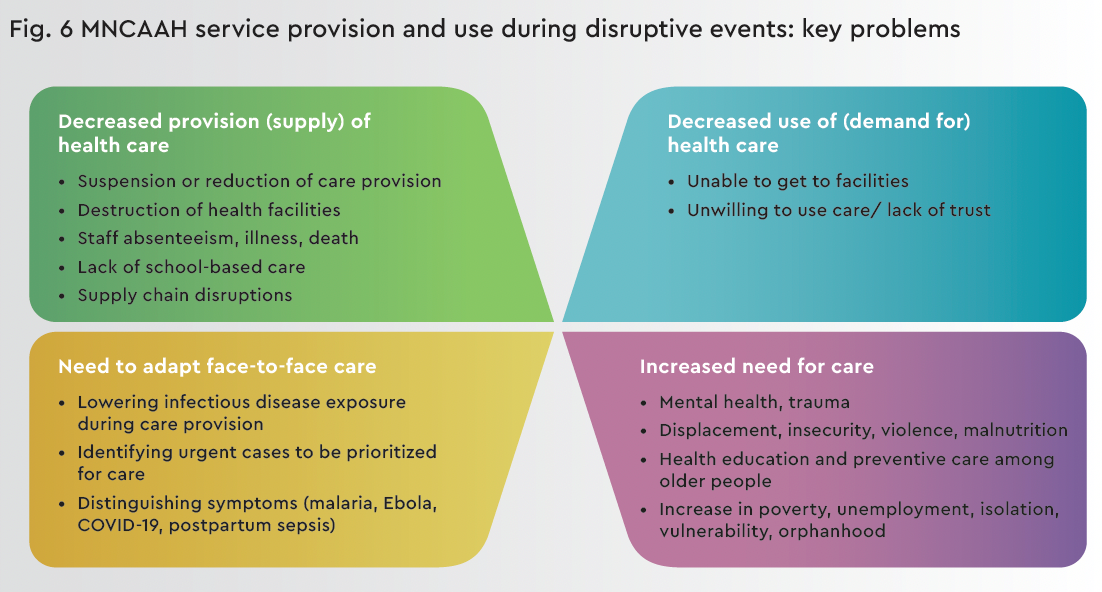
Spread the word! Share this story on

